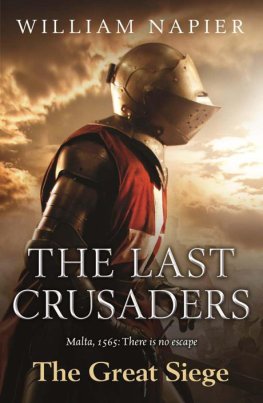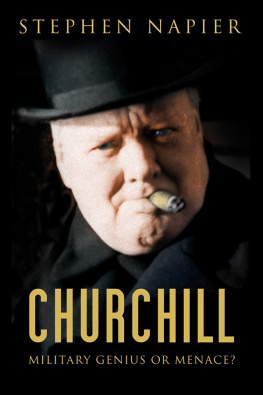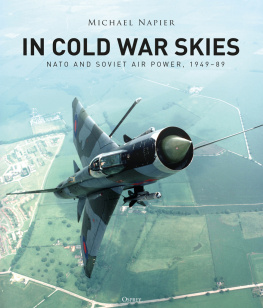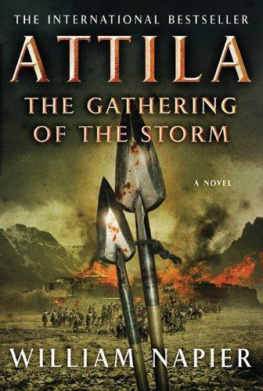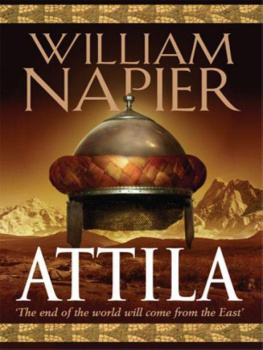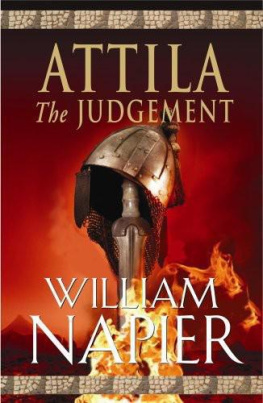The Chartist General
General Charles James Napier was sent to confront the tens of thousands of Chartist protesters marching through the cities of the North of England in the late 1830s. A well-known leftist who agreed with the Chartist demands for democracy, Napier managed to keep the peace. In South Asia, the same man would later provoke a war and conquer Sind. In this first-ever scholarly biography of Napier, Edward Beasley asks how the conventional depictions of the man as a peacemaker in England and a warmonger in Asia can be reconciled. Employing deep archival research and close readings of Napiers published books (ignored by prior scholars), this well-written volume demonstrates that Napier was a liberal imperialist who believed that if freedom was right for the people of England it was right for the people of Sind even if freedom had to be imposed by military force. Napier also confronted the messy aftermath of Western conquest, carrying out nation-building with mixed success, trying to end the honour killing of women, and eventually discovering the limits of imperial interference.
Edward Beasley is Professor of History at San Diego State University. He is author of The Victorian Reinvention of Race, Empire as the Triumph of Theory and Mid-Victorian Imperialists, all available from Routledge.
Routledge Studies in Modern British History
For a full list of titles in this series, please visit www.routledge.com>
4 The Victorian Reinvention of Race
New racisms and the problem of grouping in the human sciences
Edward Beasley
5 Origins of Pan-Africanism
Henry Sylvester Williams, Africa, and the African diaspora
Marika Sherwood
6 Statistics and the Public Sphere
Numbers and the people in Modern Britain, c. 18002000
Edited by Tom Crook and Glen OHara
7 Public Health in the British Empire
Intermediaries, subordinates, and the practice of public health, 18501960
Edited by Ryan Johnson and Amna Khalid
8 Disability in Eighteenth-Century England
Imagining physical impairment
David M. Turner
9 British Student Activism in the Long Sixties
Caroline M. Hoefferle
10 Philanthropy and Voluntary Action in the First World War
Mobilizing charity
Peter Grant
11 The British Army Regular Mounted Infantry 18801913
Andrew Winrow
12 The Chartist General
Charles James Napier, the conquest of Sind, and imperial liberalism
Edward Beasley
First published 2017
by Routledge
2 Park Square, Milton Park, Abingdon, Oxon OX14 4RN
and by Routledge
711 Third Avenue, New York, NY 10017
Routledge is an imprint of the Taylor & Francis Group, an informa business
2017 Edward Beasley
The right of Edward Beasley to be identified as author of this work has been asserted by him in accordance with sections 77 and 78 of the Copyright, Designs and Patents Act 1988.
All rights reserved. No part of this book may be reprinted or reproduced or utilised in any form or by any electronic, mechanical, or other means, now known or hereafter invented, including photocopying and recording, or in any information storage or retrieval system, without permission in writing from the publishers.
Trademark notice: Product or corporate names may be trademarks or registered trademarks, and are used only for identification and explanation without intent to infringe.
British Library Cataloguing in Publication Data
A catalogue record for this book is available from the British Library
Library of Congress Cataloging in Publication Data
Names: Beasley, Edward, 1964 author.
Title: The Chartist general : Charles James Napier, the conquest of Sind,
and imperial liberalism / Edward Beasley, San Diego State University.
Description: Abingdon, Oxon ; New York, NY : Routledge, 2016. | Series:
Routledge studies in modern British history ; 12 | Includes bibliographical
references.
Identifiers: LCCN 2016025010 | ISBN 9781138699267 (hardback : alk. paper) |
ISBN 9781315517292 (ebook)
Subjects: LCSH: Napier, Charles James, 17821853. | GeneralsGreat
BritainBiography. | Great BritainHistory, Military19th century. |
Sindh (Pakistan)History, Military19th century. | IndiaHistory
British occupation, 17651947. | Chartism.
Classification: LCC DA68.12.N2 B43 2016 | DDC 359.0092 [B]dc23
LC record available at https://lccn.loc.gov/2016025010
ISBN: 9781138699267 (hbk)
ISBN: 9781315517292 (ebk)
Typeset in Bembo
by Apex CoVantage, LLC
For her encouragement and her editing I thank my best friend, Rebecca Hartmann.
For their support, assistance, and suggestions, my thanks to my goddaughter Sarah Wyer; her husband Joseph Wyer; my housemate Ronald Zavala; Pablo Ben, Norma Bouchard, Bruce Castleman, Elizabeth Cobbs, Joanne Ferraro, Annika Frieberg, David McClintock, Walter Penrose, and Maria Rybakova; at Routledge, Rob Langham, Tom Gray, Michael Bourne, Jennifer Morrow, and the anonymous reviewers; at Apex CoVantage, Sheri Sipka and her team; Geoffrey Foaud for drawing the maps; at Bridgeman Images, Melissa Goldstein; at the San Diego State University Library, Edward DiBella, Joan Goodwin, Laurel Bliss, and the Interlibrary Loan staff; the librarians and library staffs at the British Library, the Bodleian Library, the National Archives (Kew), the National Army Museum (Chelsea), Senate House Library, the San Diego Public Library, and the libraries of University College, London, the University of California, San Diego, and the University of Oregon; the staff and owners of the Adams Avenue Bookstore, Fifth Avenue Books, and Bluestocking Books in San Diego, Maxwells House of Books in La Mesa, Powells Books in Portland, Oregon, the Smith Family Bookstore (both locations) in Eugene, Oregon; and in London, Skoob Books and the booksellers of Charing Cross Road. For their peacefulness, civility, and bustle, I owe a great deal to the locations where most of this book was written, namely about sixty-four coffeehouses and cafes in San Diego, London, Oxford, Paris, Portland, Eugene, Seattle, Mexico City, and San Miguel de Allende, Guanajuato, not to mention the airports, train stations, and public parks. My thanks (once again) to my department chair, Joanne Ferraro, and the San Diego State University History Department for the travel monies which allowed me to carry out archival research over the last six years. And for making possible my longest visit to the archives for this project, I thank San Diego State University for my Spring 2013 Sabbatical and an associated University Research Grant. I dedicate this book to my late father.



